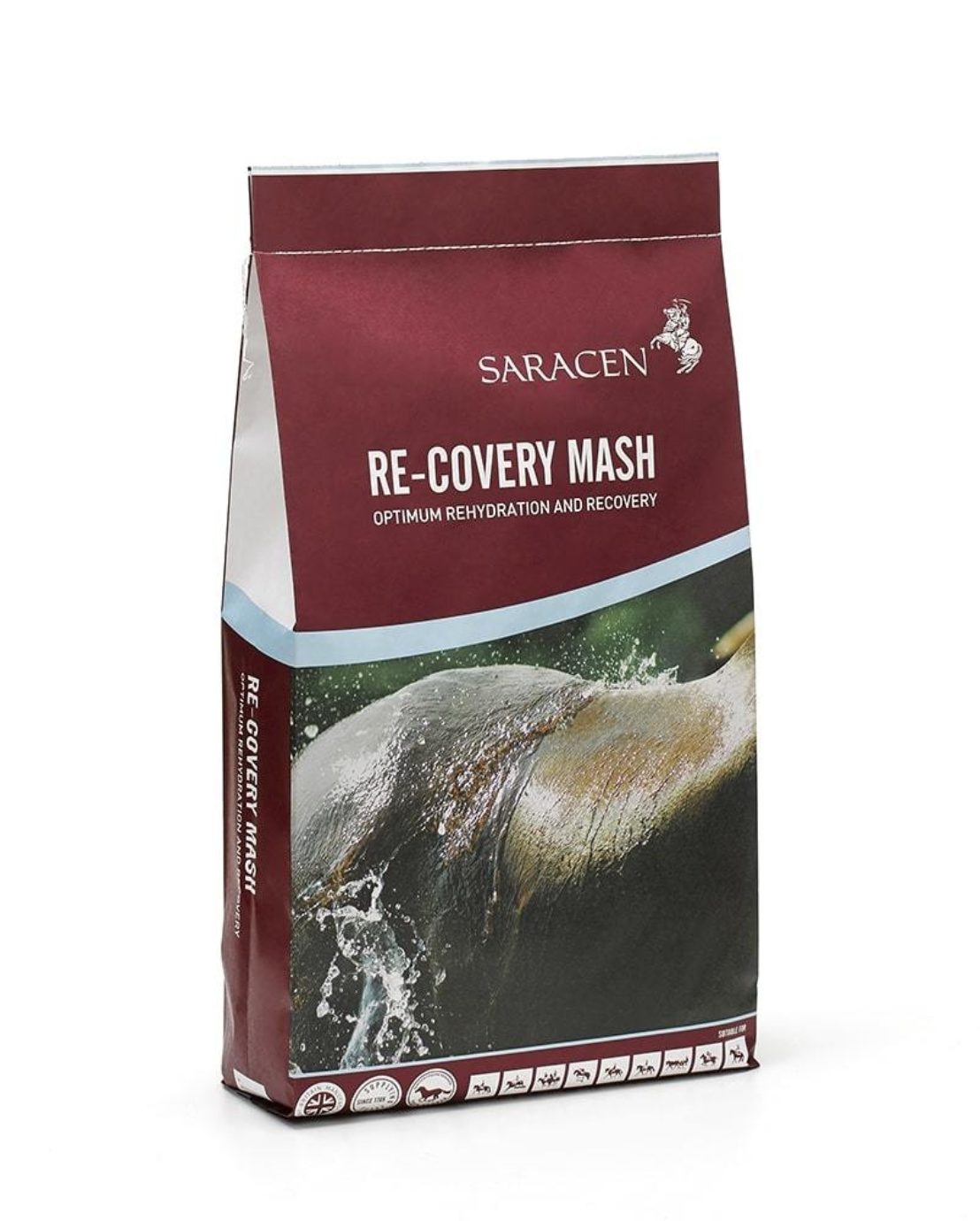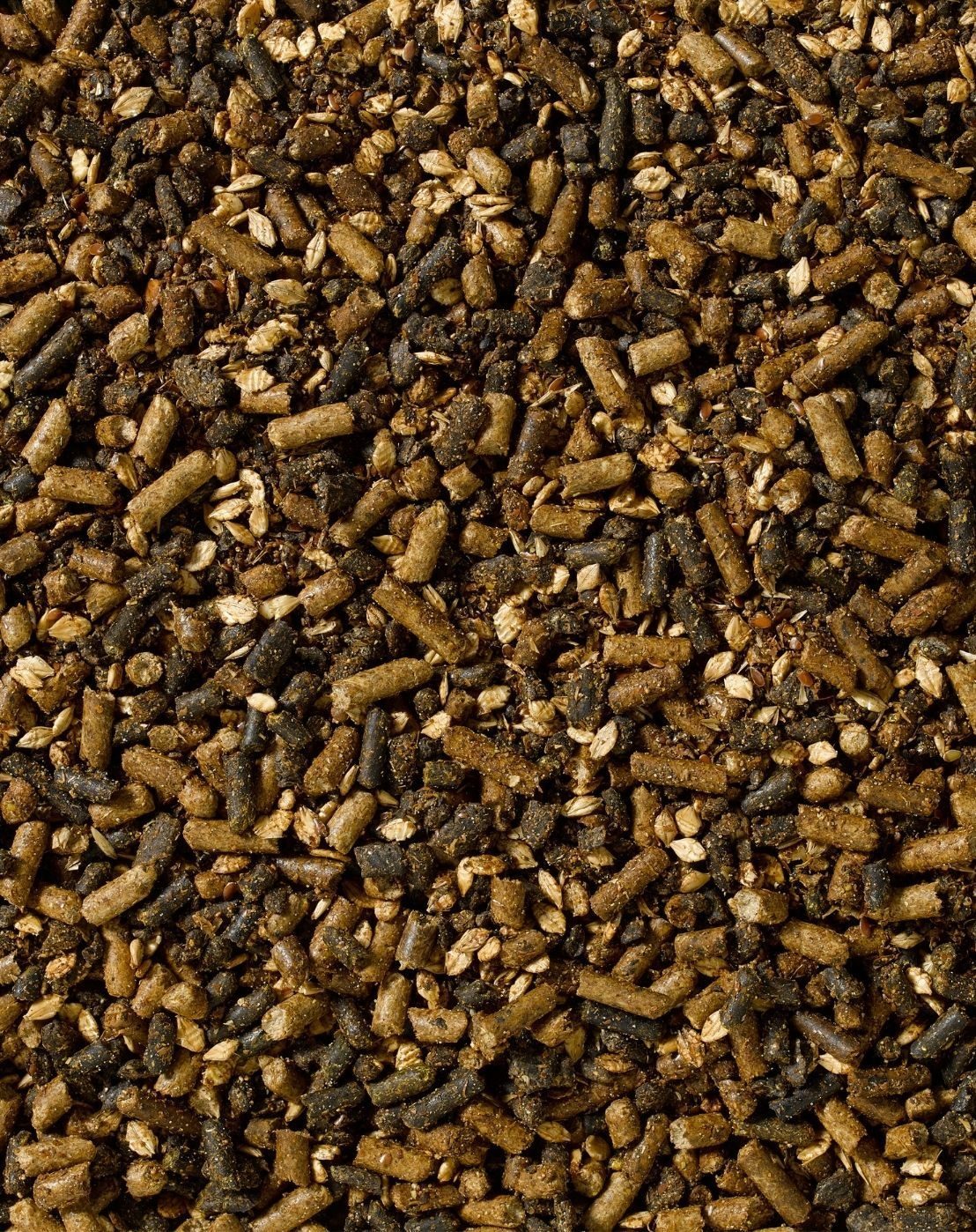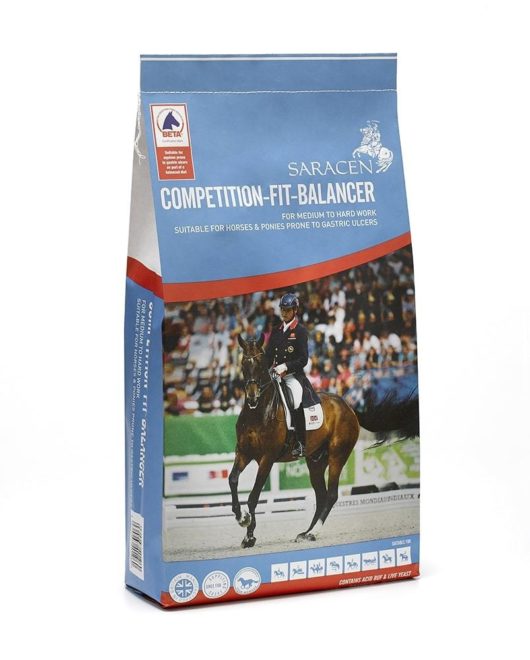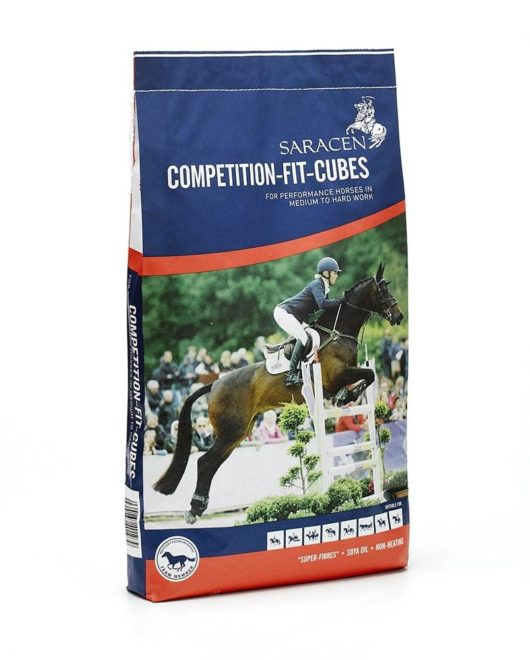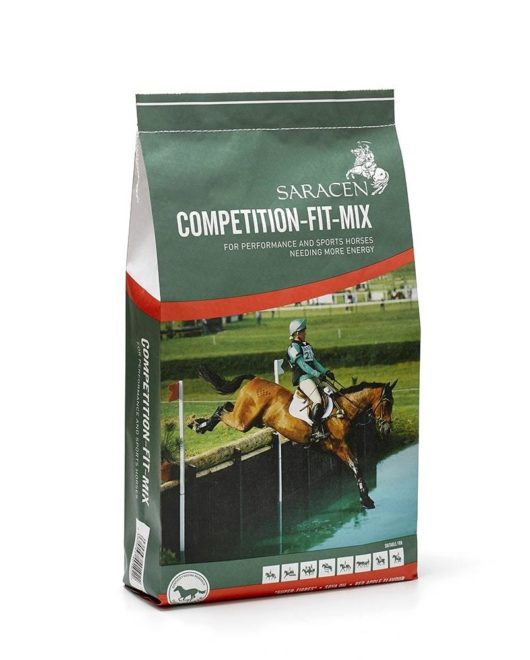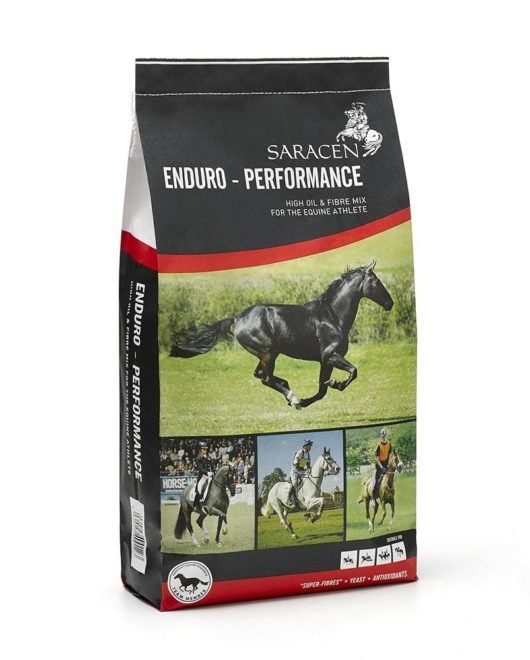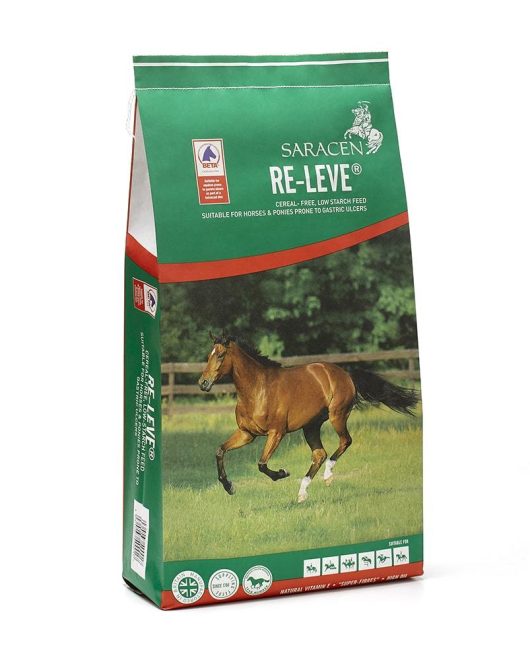Beet pulp is a highly digestible fibre source which supports beneficial fibrolytic hindgut bacteria and therefore has a ‘prebiotic effect’ on the hindgut microbes (Moore-Colyer et al., 2002). Microbial fermentation of beet pulp leads to the production of volatile fatty acids, and through this Butyrate (butyric acid) is produced. Current studies are investigating the effect of butyric acid on gut health and wall cell stability. It is thought that butyrate can reduce inflammation and improve intestinal permeability (Stewart et al., 2017). Pectin (naturally occurring in beet pulp) helps to support the generation of mucus secretions which line the gut wall and act as a barrier to microbial adhesion. Pectin forms a gel like substance when exposed to acidic conditions (i.e. within the stomach) and can protect the lining of the gastrointestinal tract (Zavoshti and Andrews, 2017).
Muscle glycogen replenishment is a complex task; however, research has indicated that rehydration and supplementation with electrolytes is beneficial to this process (Lindinger & Waller, 2010). Using RE-COVERY MASH after exercise will aid in optimal hydration and encourage thirst response. Barley is also included within RE-COVERY MASH to aid in muscle glycogen replenishment. Feeding RE-COVERY MASH 1-3 hours post exercise will help to prevent further depletion of muscle glycogen stores (Kentucky Equine Research, 1995).












